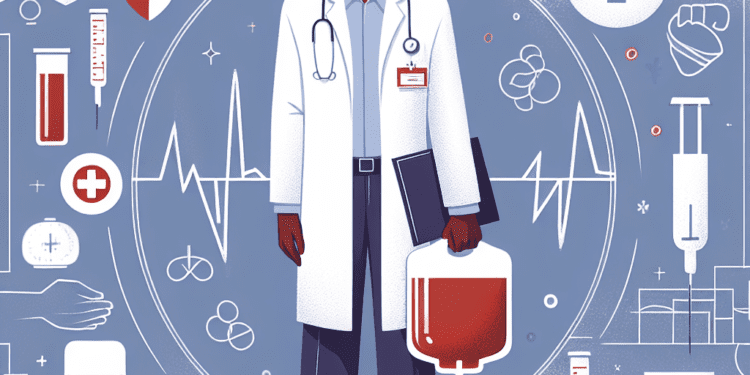Charles Drew was a pioneering doctor, medical researcher, and civil rights activist who broke down barriers in both the field of medicine and in society as a whole. His remarkable achievements in the field of blood transfusion and his advocacy for equal rights for all have left a lasting impact on the world.
Born in 1904 in Washington, D.C., Charles Drew faced discrimination and segregation from a young age. Despite these challenges, he excelled academically and went on to attend Amherst College and then McGill University in Montreal, where he received his medical degree in 1933. Drew continued his studies at Columbia University, where he conducted groundbreaking research on blood transfusion and blood banking.
One of Drew’s most significant contributions to medicine was his development of techniques for preserving and storing blood plasma, which revolutionized the field of blood transfusion. During World War II, Drew played a pivotal role in establishing blood banks for the American Red Cross, allowing for the safe and efficient transfusion of blood to wounded soldiers on the battlefield.
In addition to his scientific achievements, Drew also made significant strides in the fight for civil rights. He was a vocal advocate for equal opportunity and fair treatment for all, regardless of race or ethnicity. In 1941, Drew resigned from his position with the American Red Cross due to its discriminatory blood donation policies, which segregated blood based on the donor’s race. Drew believed that all blood was the same, regardless of the donor’s race, and he fought for the integration of blood banks to ensure equal access to life-saving treatments for all.
Tragically, Charles Drew’s life was cut short in a car accident in 1950, but his legacy lives on. His work in the field of medicine has saved countless lives and his advocacy for civil rights has inspired generations of activists to fight for equality and justice. Charles Drew broke down barriers in both medicine and society, and his impact will continue to be felt for years to come.














